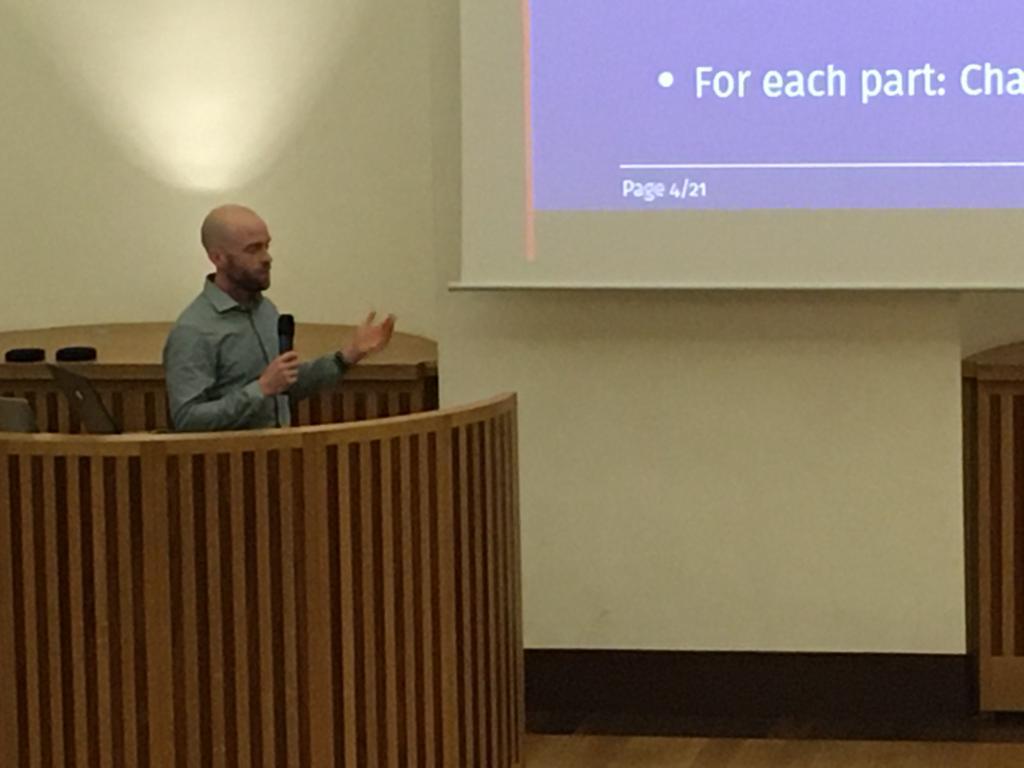18th ERCOFTAC Da Vinci Competition 2023 - Interview with Da Vinci Finalists
Dynamics of bubbles across scales

Niklas Hidman - finalist
of 18th Da Vinci Competition 2023
- What is the topic of your PhD thesis?
My PhD thesis involved developing and using numerical techniques to study bubbly flow phenomena in a wide range of spatiotemporal scales. We studied phenomena ranging from the evolution of micrometer-sized laser-induced vapour bubbles, forces acting on individual rising bubbles, and the dynamics and mixing properties of scalars (such as temperature or chemical species) in turbulent bubbly flows. The overarching aim was to increase our understanding about the phenomena and to facilitate more accurate numerical predictions.
- What does the Da Vinci competition mean to you?
I am honored to have been selected as one of the top five finalists since the prize is probably the most prestigious award in Europe for young researchers in fluid mechanics. I also saw the competition as a great opportunity for presenting my thesis to an international jury and discussing the findings with experts from other universities.
- What motivates you in your work?
I have always enjoyed solving problems in general and realized, during the PhD, that my biggest motivation is contributing to a better understanding of important physical phenomena. Here, fluid mechanics, and perhaps multiphase flows in particular, suits me very well since we still have so many important and relevant open questions.
- Where do you see yourself in five years?
Although it is very challenging to pursue an academic career, I am highly motivated to continue researching and contributing to key challenges in our field. Therefore, I hope to have found a stimulating academic position conducting such research within five years.
- What advice would you give to new PhD students starting in fluid mechanics?
In my experience, patience is important to understand a new problem and the underlying physics, so take your time reading the literature and understanding the theory. Then, simplify as much as possible and isolate the problem you want to investigate. To include all possible phenomena may not give you more relevant information but will most likely complicate analysis and slow down computations. Define a clear hypothesis and then make a plan of investigation accordingly.
Da Vinci Presentation available here
Paper summary
Date: ERCOFTAC Autumn Festival 2023, 12th - 13th October 2023
Hosted by Pilot Centre Belgium: University of Liège, Belgium
